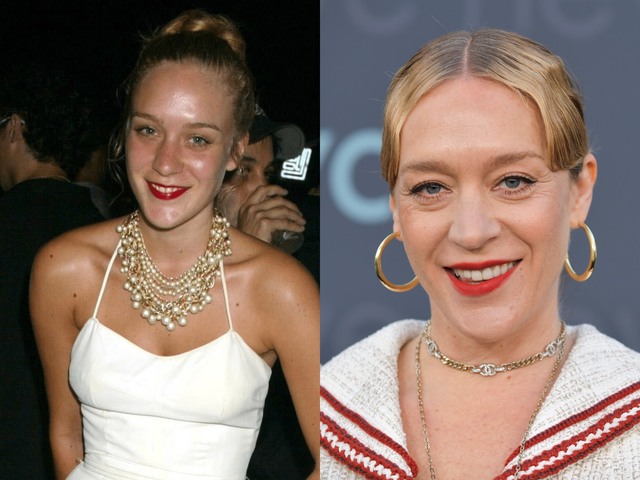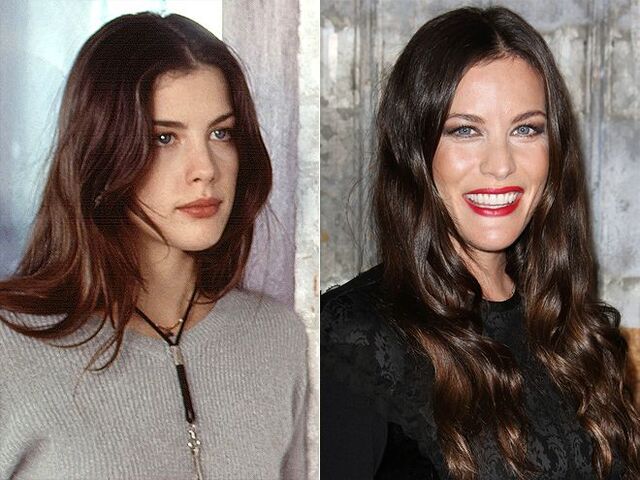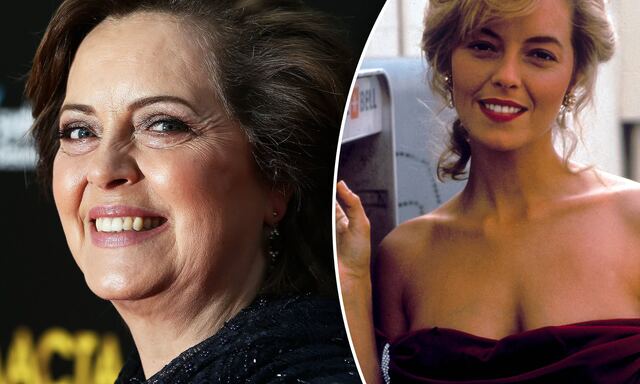
Chloë Sevigny is a name synonymous with fearless artistry and unparalleled style. Known for her groundbreaking performances in independent films and her status as a global fashion icon, Sevigny has built a career defined by bold choices and unwavering authenticity. From her breakout role in Kids to her Golden Globe-winning performance in Big Love and her work as a director, Sevigny has remained a fixture of cultural relevance. This article explores her journey, from her early days to her lasting legacy in cinema and fashion.
Early Life and Background
Born on November 18, 1974, in Springfield, Massachusetts, Chloë Stevens Sevigny grew up in the affluent community of Darien, Connecticut. Despite her privileged surroundings, Sevigny described herself as a rebellious and introspective teenager. Diagnosed with scoliosis, she sought solace in creative outlets such as sewing and designing her own clothes, laying the foundation for her distinctive fashion sense.
Her interest in performance began early, attending theater camps during childhood. Frequent visits to Manhattan in her teenage years exposed her to the city’s vibrant arts scene, inspiring her to pursue a career in acting and fashion.
![]()
Breakthrough in Independent Film
Chloë Sevigny’s journey into acting started serendipitously when she was spotted by a fashion editor from Sassy magazine in New York’s East Village. This led to her first modeling gigs, but her real breakthrough came with Harmony Korine’s controversial indie film Kids (1995). Her raw, unfiltered performance captivated audiences and critics alike, establishing her as a formidable talent.
Roles in films such as Gummo (1997) and The Last Days of Disco (1998) followed, further solidifying her place in independent cinema. In 1999, her portrayal of Lana Tisdel in Boys Don’t Cry earned her an Academy Award nomination for Best Supporting Actress, showcasing her ability to take on complex and challenging characters.
![]()
2000s: Embracing Complex and Controversial Roles
In the early 2000s, Sevigny gravitated towards roles that defied convention. She starred in American Psycho (2000) as a secretary navigating the unsettling world of Patrick Bateman and in Lars von Trier’s experimental drama Dogville (2003). Perhaps her most controversial role came in The Brown Bunny (2004), a film that divided critics but underscored her commitment to authentic storytelling.
These daring choices demonstrated Sevigny’s willingness to push artistic boundaries and cemented her reputation as a fearless performer.
![]()
Television Success and Mainstream Recognition
In 2006, Sevigny achieved mainstream recognition with her portrayal of Nicolette Grant, a fundamentalist Mormon wife in HBO’s critically acclaimed series Big Love. Her nuanced performance earned her a Golden Globe Award for Best Supporting Actress in 2010, marking a turning point in her career.
Sevigny continued to excel on television with roles in popular series like American Horror Story and Bloodline, showcasing her versatility and appeal to broader audiences while retaining her unique artistic identity.
Fashion Icon and Designer
Parallel to her acting career, Sevigny established herself as a fashion icon. From her early modeling days with X-Girl to her collaborations with brands like Opening Ceremony, her style has always been avant-garde. Known for mixing vintage and contemporary pieces, Sevigny became a muse for top designers and a staple on best-dressed lists.
Her foray into fashion design further solidified her influence. Her collections are celebrated for their bold, gender-fluid aesthetics, reflecting her commitment to self-expression and individuality.
![]()
Transition to Filmmaking
In 2016, Sevigny made her directorial debut with the short film Kitty, based on a Paul Bowles short story. The film premiered at the Cannes Film Festival, marking her transition to storytelling behind the camera. Her second directorial effort, White Echo (2019), competed for the Short Film Palme d’Or at Cannes, further establishing her as a multifaceted artist.
Recent Projects and Continued Relevance
In recent years, Sevigny has continued to captivate audiences with standout roles in Lizzie (2018) and Jim Jarmusch’s zombie comedy The Dead Don’t Die (2019). Her work in HBO’s We Are Who We Are showcased her ability to tackle contemporary themes with depth and nuance.
Beyond acting, Sevigny balances her roles as a director, mother, and cultural icon, proving her continued relevance in the entertainment world.
![]()
Legacy and Cultural Impact
Chloë Sevigny’s legacy is one of fearless artistry and innovation. Her dedication to independent cinema has inspired a new generation of actors to embrace unconventional roles, while her influence in fashion has left an indelible mark on the industry.
As an advocate for women’s stories and perspectives, Sevigny’s work as an actress and filmmaker underscores her commitment to meaningful representation. Her ability to navigate mainstream success while maintaining her artistic integrity sets her apart as a true trailblazer.



